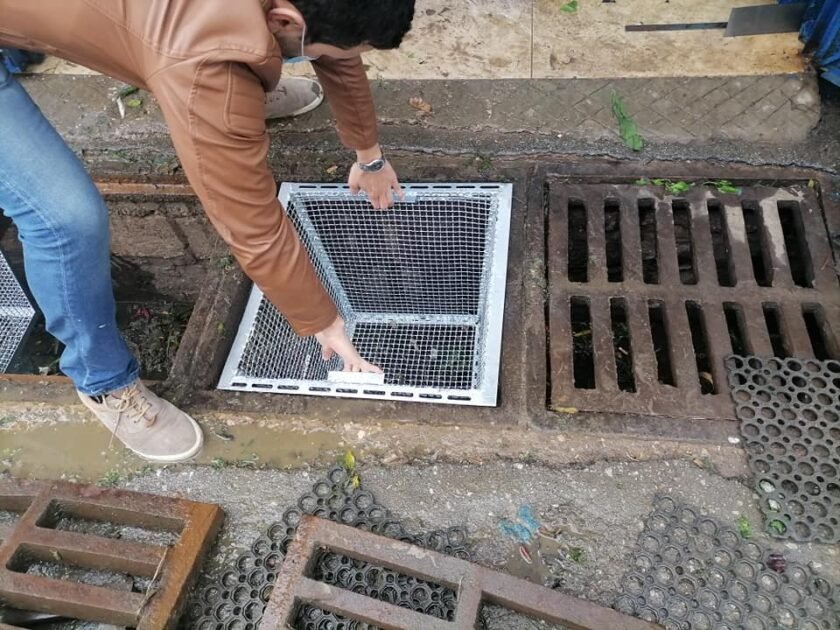The European Parliament in Brussels is hosting a conference titled “Islam and Women”, where various Muslim women participants who live in Europe are expressing their viewpoints, some of which are even contradictory.
“To fight discrimination against women you have to invest in education and economic growth. Religion is the least of the problems,” said Imen Ben Mohamed, a Tunisian MP who has lived in Italy since she was 15 years old, and wears a veil.
She graduated from Rome’s La Sapienza University with a degree in International Cooperation.
Meanwhile, Seyran Ates, a women’s rights activist who was born in Turkey to Kurdish parents who moved with her to Germany when she was six years old, has an opposing view.
“If women in Islam can have the same rights, why are there so many hateful threats against me? Why do I have to go around with bodyguards?” said Ates, who went to law school and defends women who have been victims of abuse.
In June, Ates opened what she calls a “liberal mosque” in Berlin, where men and women pray together, homosexuals are allowed, and burqas are forbidden.
Her project attracted much media attention and stirred public opinion, and she was assigned a bodyguard after receiving numerous threats.
“A group of men came up to me on the street and said, ‘You opened this mosque, for this you will die’,” Ates said.
“Many threaten to rape me, in addition to death,” she said, adding that radicalism is often financed from abroad and calling it a ‘plague’.
Ben Mohamed doesn’t agree with this image of Islam.
“The first parameter isn’t religion in and of itself but the level of democracy, regardless of whether a country is Muslim or not,” she said.
“Where there’s no democracy, there’s no respect for human rights, and therefore no respect for women’s rights. Where there’s a low level of education, often the victims don’t even know that they are victims. And then there’s the economic situation: you have to fight the wage gap between men and women, and ensure women’s access to work,” she said.
“That’s why in Tunisia we recently approved a new law against violence towards women, with a broad definition. It takes into consideration violence that is moral, physical, political, psychological, economic, and media-based. In the law there are measures for training law enforcement and judges on the new crimes,” she said.
Souad Adnan, a Moroccan consultant at the World Bank, said the lack of gender equality at work causes a direct wage loss of 27% in the Middle East and North Africa (MENA) region.
This figure is higher than in Southern Asia (19%), Latin America and the Caribbean (14%), and Europe (10%).
In the MENA region, women make up 22% of the workforce, compared to a worldwide average of 50%.
This hides the fact that figures in individual Middle Eastern countries vary wildly, with 53% of women in Qatar in the workforce, compared to just 14% in Jordan.
Qatari Ambassador to the European Union Abdulrahman Mohammed Al-hulaifi said distinctions within the Arab world must be made.
“We have done a lot for equality. You can’t just always accuse us only of terrorism,” he said.
Ates responded that every country has its faults.
“Certainly, if the West didn’t sell arms there wouldn’t be so many wars. But even in Germany there are many mosques in which the extremist ideas presented are financed and supported even by your country,” she said.
“That’s why I’m asking you to communicate with us. It’s in the interest of our religion and of our countries,” she said.
ANSAmed




